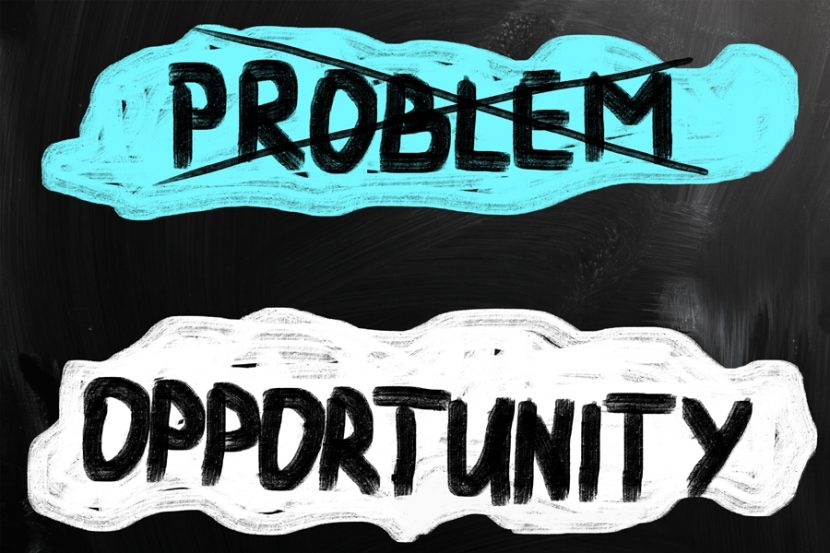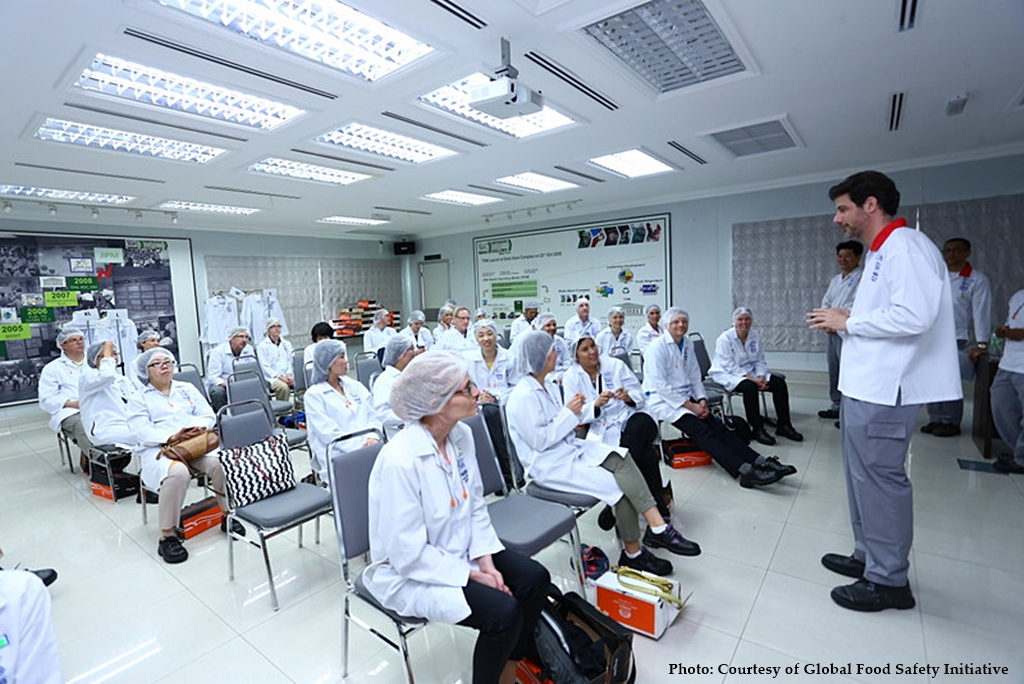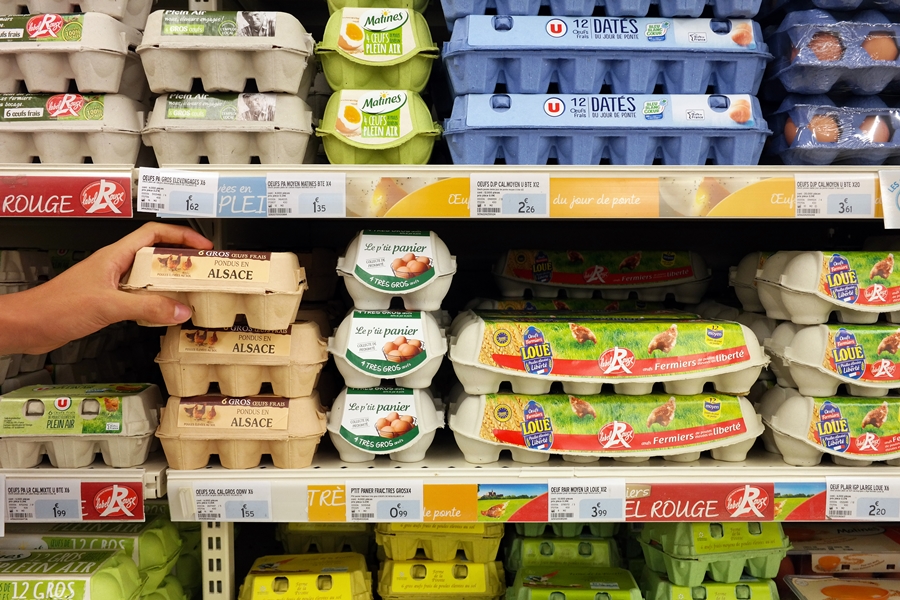Preventing Recalls: Learn From Other Companies’ Mistakes
By Leah Roberts
Despite the implementation of FSMA and the more rigorous standards it represents, food safety in the United States continues to be an issue with major recalls still highlighting, in the public’s mind, that not all companies are able to protect consumer interest. The long-term implications of a recall can be detrimental to a food organization in terms of company reputation, economic outcome, lower share values, and civil litigation, which can all lead to bankruptcy.
“Learn from others’ failures in this arena,” advises Darin Detwiler, professor of food regulatory policy at Northeastern University. “Many models exist that highlight the economic and legal ramifications for failure to prevent or respond to recalls.”
While food producers, processors and manufacturers are following guidelines and completing food safety requirements to prevent a recall, the best in the industry are going above and beyond minimal government and auditor standards to share food safety solutions directly with the public. Detwiler notes that organizations that demand the best ingredients from suppliers, foster a food safety culture with employees, and use technology to be transparent, are restoring trust with their customers.
Learn from others’ failures in this arena
The contrast between how large food companies—like Peanut Corporation of America (PCA) and Maple Leaf Foods (MLF)—handle recalls highlights different approaches to restoring consumer trust. In 2015 Stewart Parnell, former CEO of PCA, was sentenced to 28 years in prison for committing fraud by knowingly introducing contaminated peanut paste into the manufacturing supply chain. Parnell’s three infamous words, “Just ship it,” rang of negligence and eventually led to the liquidation of the company.
Maple Leaf Foods (MLF), meanwhile, experienced a massive recall in 2008 that had a strong effect on sales and led to a rebuilding of the company’s image. MLF invested heavily in customer relations and although not all products were contaminated, they recalled 100% of their products as a precautionary measure. With the promise of more stringent standards and improved best practices, they showed a commitment to change their sanitization procedures and regained customer trust.
Dr. Detwiler suggests other companies can learn from these and other recalls by following these five steps:
- Do what is needed. “It is critical to have a plan and practice it,” Dr. Detwiler says. Train employees to deal with the issue, notify retailers immediately, and locate lot cases and shipments from that date. Conducting mock recalls can help to identify issues that could make it difficult to understand the scope of how many products were affected.
- Perform checks often and conduct more than just the minimum requirement. Regulators may have particular minimum requirements to meet, but some companies that choose to go above these guidelines increase the likelihood that consumers will respond well to the recall.
- Communication and transparency are key. Companies are wise to not confirm that they have solved or contained the recall, rather they should show their commitment to fixing the problem. Don’t try to hide the problem or discredit product recalls, instead accept responsibility, take a conservative approach and apologize to those sickened by your product.
- Go outside of the company and hire a preeminent food safety expert, then share the news publicly. Consumers like to see that you’ve taken responsibility. Putting someone else in charge who has high credentials in food safety shows you are determined to establish more rigorous standards than previously set.
- Review procedures on a continuing basis to refine sanitation programs, retrain employees, enhance GMPs, and monitor employees for good hygienic practices and cross-contamination potential.
Most of all, Detwiler recommends businesses invest in and prioritize a food safety culture ripe with training programs of best practices for employees, and encourage transparency throughout your supply chain to prevent food recalls. Government legislation is an important part of the food safety equation, but industry’s response is key.
About the Author
Leah Roberts is an Ontario-based writer and digital marketing expert with a keen interest in food safety and sustainability practices.

-
 FeaturedRisk management
The Cost of a Breach: What a Cyberattack Could Mean for Food Safety Recalls
FeaturedRisk management
The Cost of a Breach: What a Cyberattack Could Mean for Food Safety Recalls
-
 FeaturedRisk management
Securing the Food Chain: How ISO/IEC 27001 Strengthens Cybersecurity
FeaturedRisk management
Securing the Food Chain: How ISO/IEC 27001 Strengthens Cybersecurity
-
 FeaturedRisk management
Revolutionizing Food Safety Training: Breaking Out of the “Check-the-Box” Mentality
FeaturedRisk management
Revolutionizing Food Safety Training: Breaking Out of the “Check-the-Box” Mentality
-
 GFSI Standards
GFSI 2025: Building Trust, Tech-Forward Solutions, and Global Unity in Food Safety
GFSI Standards
GFSI 2025: Building Trust, Tech-Forward Solutions, and Global Unity in Food Safety
-
 FeaturedFood Safety
Integrated Pest Management: Strategies to Protect Your Brand’s Reputation
FeaturedFood Safety
Integrated Pest Management: Strategies to Protect Your Brand’s Reputation
-
 FeaturedFood Safety Culture & Training
No Open Door Policy: Challenges That Impact Pest Control in Food Processing Plants
FeaturedFood Safety Culture & Training
No Open Door Policy: Challenges That Impact Pest Control in Food Processing Plants




